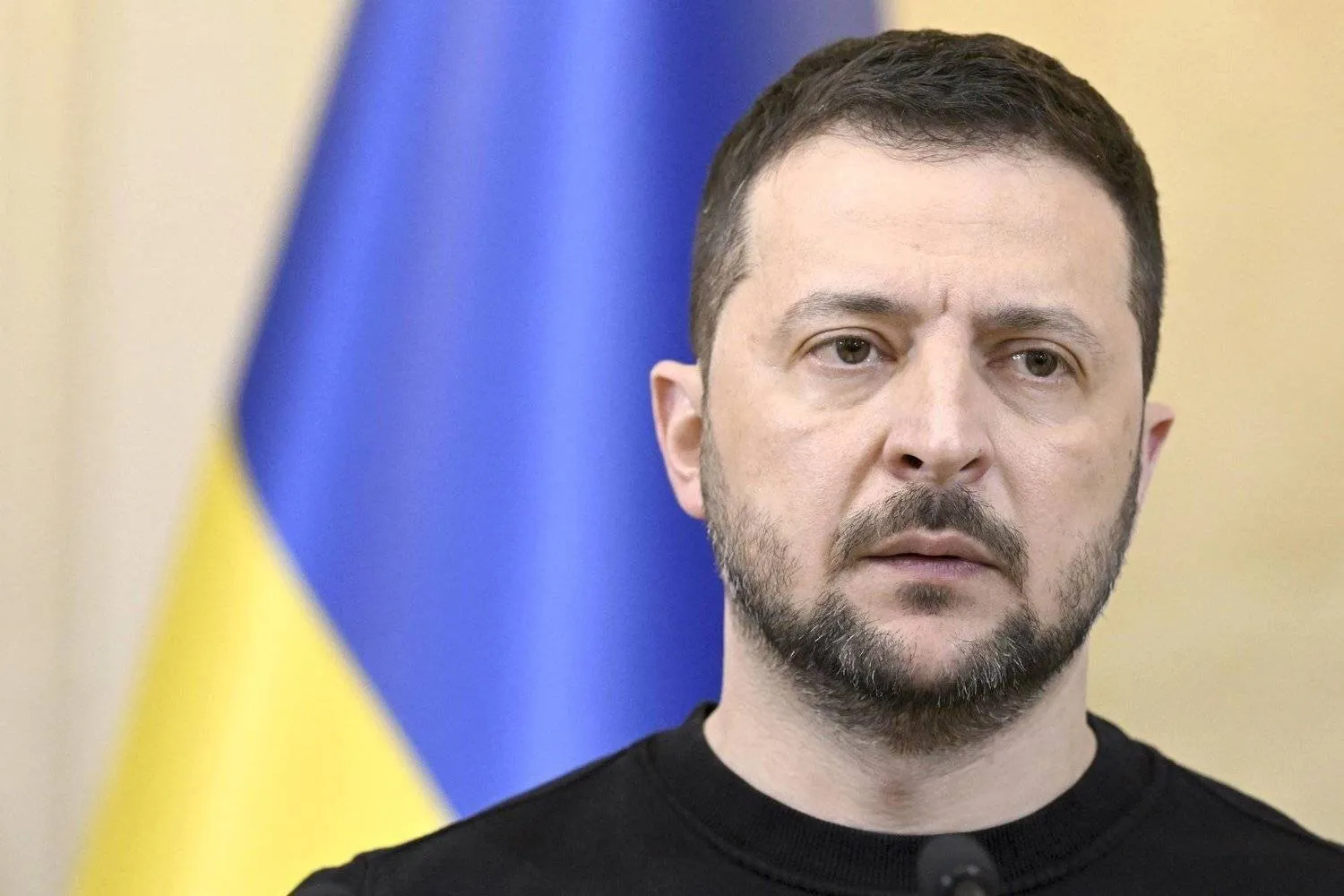Drone footage from Ukraine’s military released Sunday has shown what appears to be bodies in a civilian area in the embattled eastern town of Toretsk, which has come under heavy Russian bombardment in recent days.
The attacks in the war-torn Donetsk region have prompted a scaled-up evacuation effort by Ukrainian rescue services. Local officials said that powerful Russian glide bombs have also been used in the town, the latest eastern front flash point as Russian attacks continue to put stretched Ukrainian front-line units on the defensive.
President Volodymyr Zelenskyy said Sunday that Russia had dropped more than 800 glide bombs in Ukraine in the past week alone.
“Ukraine needs the necessary means to destroy the carriers of these bombs, including Russian combat aircraft, wherever they are. This step is essential,” he wrote in an online post, Reuters reported.
Glide bombs are heavy Soviet-era bombs fitted with precision guidance systems and launched from aircraft flying out of range of air defenses. The bombs weigh more than a ton and blast targets to smithereens, leaving a huge crater.
Police rescuers in Toretsk helped older residents out of their homes, carrying one woman out of her bed and onto a stretcher.
“It’s a terrible situation, because for three days we could not evacuate,” Oksana Zharko, 48, told The Associated Press while leaving the town in a police van with family members and a cat in a plastic carrier box.
“Yesterday there was an attack and our house was destroyed — very strong, there are no walls left. Everyone is stressed, emotional, in tears. It’s very scary.”
Russian attacks in recent weeks have focused on the town of Chasiv Yar farther north, as Ukrainian commanders in the area say their resources remain stretched, thanks largely to a monthslong gap in military assistance from the United States.
Ukraine is still struggling to stabilize parts of its front line after desperately needed military assistance was approved by the United States in April.
Zelenskyy called on countries assisting Ukraine to further relax restrictions on using Western weapons to strike military targets inside Russia.
“Clear decisions are needed to help protect our people,” he said. “Long-range strikes and modern air defense are the foundation for stopping the daily Russian terror. I thank all our partners who understand this.”
Hours after Zelenskyy spoke, Ukrainian officials said Russian glide bombs had struck near a postal warehouse in Kharkiv, Ukraine's second-largest city in the northeast, killing an employee and injuring nine people including an 8-month-old baby.
According to a statement by Nova Poshta, the private postal and courier company that operates the site, the strike set at least seven delivery trucks ablaze, while damaging at least three others and the warehouse itself. One driver died as a result.









